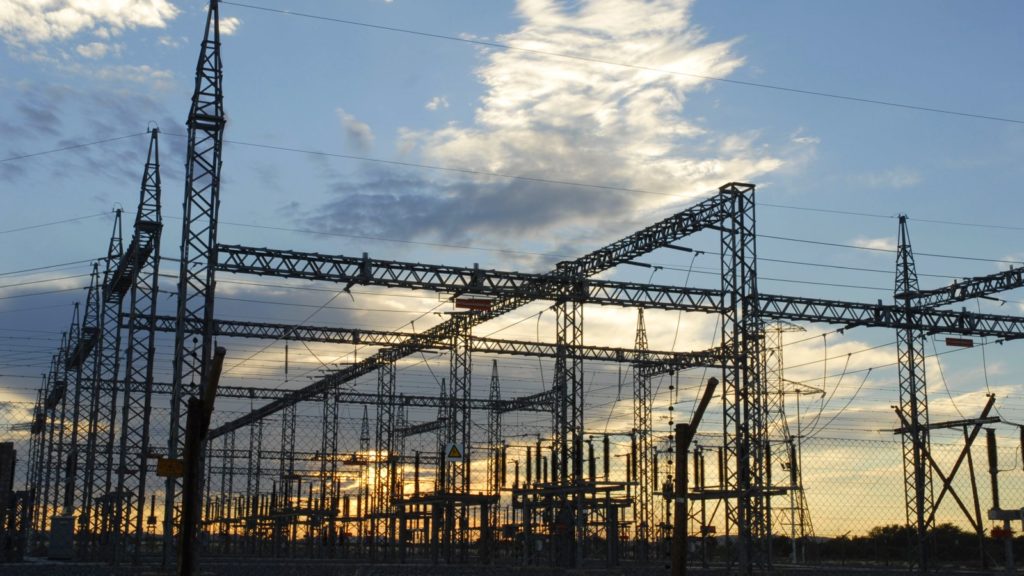Minister of Public Enterprises Pravin Gordhan and Eskom’s head staffers on Tuesday held a joint press conference in Johannesburg detailing the reasons for the current load shedding crisis.
South Africans have endured Stage 4 load shedding since Saturday, but the worst of our problems are seemingly far from over.
No ad to show here.
While Gordhan did suggest that solutions to the current crisis will be made more concrete before he end of the month, the current situation in South Africa will remain bleak for quite some time.
Only 56% of Eskom’s installed capacity is available
Gordhan noted that only 27 000 megawatts is available for use at present, which is, mindbogglingly, just 56% of South Africa’s installed capacity of 48 000 megawatts.
Bernard Magoro, systems operator for Eskom, explained that Eskom schedules generation to meet demand in real time. But at least since November, Eskom has been burning diesel to meet said demand.
This is largely because power plants have either broken down or are under maintenance.
“We’ve actually been operating with a lot of diesel to meet the demand,” Magoro notes. “And this is not ideal”.
The company plans to use diesel beyond March.
Power plants older than South Africa itself
The reason for the massive shortfall is two-fold.
Firstly, Eskom blames the ageing power stations under its wing.
The average age of its plants is 34 years. Only three have been built within the past decade. More than half of the power stations are over 37 years old.
To put this into perspective, TV series The Simpsons, Seinfeld and Cheers were created after most of Eskom’s power generating units.
As plants age, they require more acute maintenance. But instead of accelerating efforts to plug leaks, Eskom has slowed maintenance of its plants.
Maintenance of these plants were constrained by ailing budgets and malfeasance, noted Gordhan and Eskom chairman Jabu Mabuza.
Where’s the maintenance money?
Jabu Mabuza stressed that Eskom’s maintenance budget has been shrinking as power plants grow older.
“It’s clear when looking at the financials over the past five years the maintenance was in a reduction sense,” Mabuza added.
Gordhan also noted that malfeasance was to blame, with mismanagement and corruption also stirred into the mix.
Medupi and Kusile: the troubled twins
Considering the issue of an ageing fleet, the company notes that it had “taken a decision not to maintain but to build new plants.”
“However the new plants are tripping due to various problems,” it added in a tweet.
Currently, Eskom’s two youngest plants Medupi and Kusile, are both suffering from design flaws. Medupi has tripped more than 80 times since 2018, Mail & Guardian noted in a February report.
These two were planned to alleviate some stress on older plants, and allow a supply buffer to cope with demand should older plants need emergency maintenance. This hasn’t quite gone to plan.
Cyclone Idai and the missing 1200 megawatts
Mozambique was late last week ravaged by Tropical Cyclone Idai, leaving more than 60 people dead. The storm also downed power lines connecting Mozambique’s Cahora Bassa hydroelectric scheme.
This has left Eskom with an additional 1200 megawatt shortfall.
The loss of this capacity plunged the country further into load shedding stages with higher numbers on Sunday.
What Eskom and Gordhan promises
Gordhan noted that the enterprise will communicate more granular information, and “account” better to South Africa in the coming weeks.
Beyond that, both parties claimed to provide more concrete answers and possible solutions within ten days.
South Africans, until then, will likely need to deal with Stage 4 load shedding for the foreseeable future.
Feature image: Media Club via Flickr (CC BY-SA 2.0, resized)
